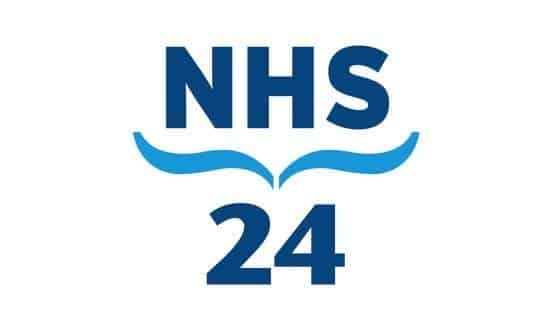NHS 24 admits IT “systemic failure”

A frank report to the Scottish Government’s Public Audit Committee has admitted that “systemic failure” is responsible for the ongoing failure to introduce new IT to the NHS 24 service.
The report, submitted to the committee ahead of an evidence session on the project on 20 January, says the governance measures put in place by the organisation and the Scottish Government simply failed to “mitigate the substantial risks” carried by the programme.
In addition, it adds, NHS 24 “underestimated the risk of developing an ambitious, next generation system and bringing it to market”, drew up an “inadequate” business case, and then failed to manage its suppliers.
“Commercial management was weak, too much reliance was put on suppliers’ promises, and the organisation had insufficient understanding of call centre implementation to successfully launch.”
The report also admits that “various audits and reviews have proved ineffective in recovering the programme”, costs for which are continuing to rise.
NHS 24 was supposed to go live with the new IT system in November last year, but was forced to withdraw it and revert to paper operation after it crashed on go-live.
The project had already been criticised by a report from the Auditor General for Scotland, which found that it was over budget by £41.6 million and more than two years behind schedule.
The report to the Public Audit Committee says the over-run has come from ‘sunk’ costs, such as the failed implementation costs and double running (£8 million and £11.7 million), and redesign and additional contract costs (£7.6 million and £14.3 million), which may deliver value in time.
NHS 24 is now hoping to introduce the new IT system this summer. However, it admits that by then costs could have risen by an additional £7.6 million, with most of this accounted for by double running and relaunch.
This will impact on Scottish Government finances, as NHS 24 is currently receiving ‘brokerage’ to smooth its finances; it is due to receive £4.4 million next year, and around £20 million by 2020-21.
The report assures the committee that NHS 24 has tried to learn lessons from the problem, with “governance revised at both board and program level” and additional management expertise being brought in on the commercial and implementation fronts.
It says the NHS and public sector bodies as a whole should take away the need to improve their business cases, to strengthen governance and to avoid relying on their suppliers for subject matter expertise.
The report concludes by saying that “NHS 24 apologises unreservedly for its failure to effectively implement the Future Programme” but that it remains convinced that it needs to try again, as its existing IT is “incapable of further development to support the evolution of our services.”





